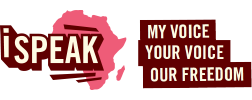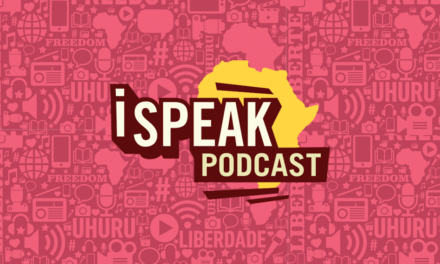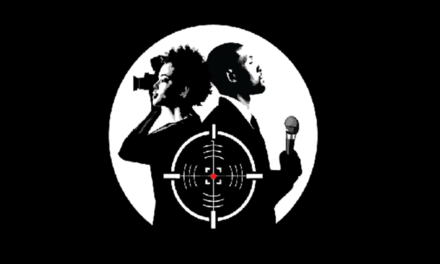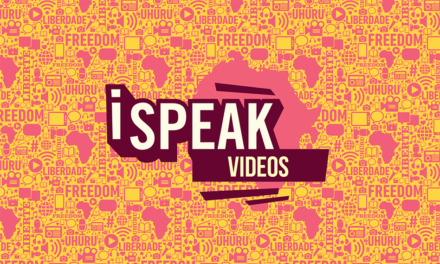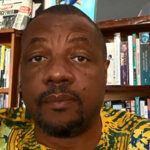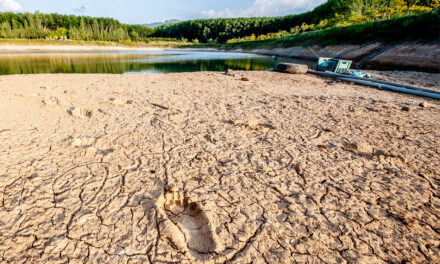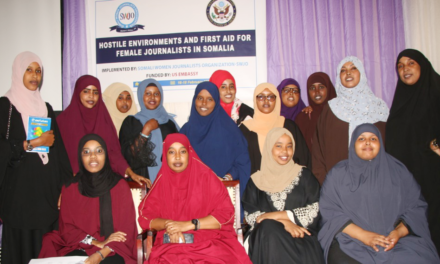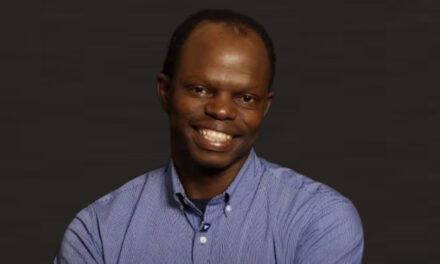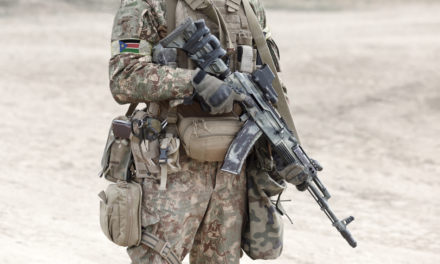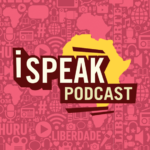
‘Denials don’t reach the point where rumours go’
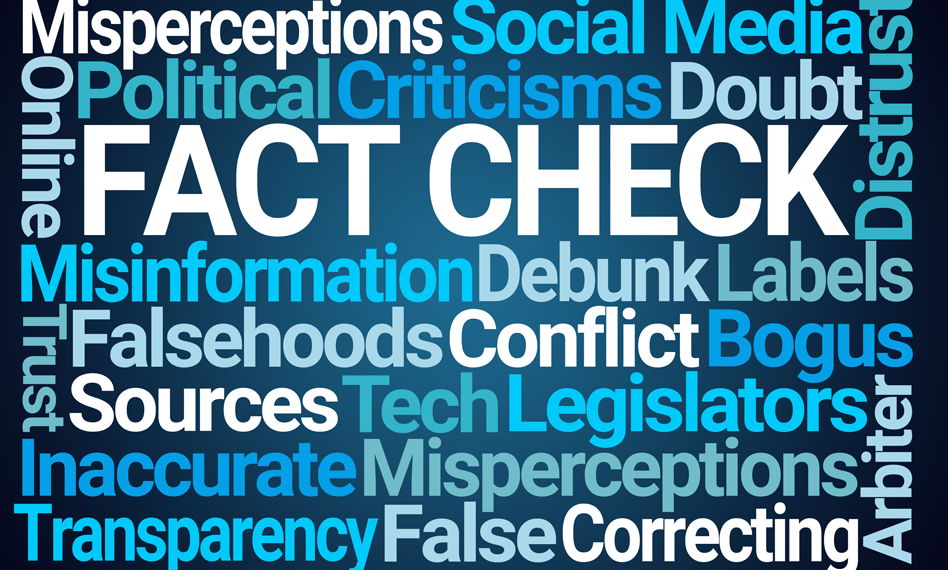
The objective limits of fact-checking
In August 2009, a Senegalese activist, popular on social networks, shared a photomontage on Twitter and Facebook comparing the costs of two sports facilities – one in Kigali, Rwanda (Kigali Arena) and the other in Dakar, Senegal (Dakar Arena). They had been built by the same company but he indicated that Kigali Arena cost at least 10 times more than Dakar Arena, yet there was only a 5000 seat difference between the two. However, the author did not provide a source or sources for these figures.
Some internet users saw in this price difference, the proof of mismanagement of public funds in Senegal, while others suspected the overpricing was a way to divert money. However, at no time did anyone ask whether the information was correct.
This caught Africa Check’s attention. It was not only about the photomontage, but also the framing of the tweet which was questioning and a little accusatory, probably in order to provoke a certain reaction from the public. Our curiosity was further piqued by the comments on social networks.
This prompted us to investigate.
It took us two days to finish our research and publish our article. Very often this process takes weeks, even a month or more. But two days is already too long to effectively combat the spread of false information.
With documents obtained from the building company, Africa Check’s research determined that the Kigali Arena cost around 61 billion CFA francs, which was 5 billion CFA francs less than its namesake Dakar. This directly contradicted the popular activist’s social media claims.
Africa Check’s resultant article began with the original statement and the context in which it had occurred. We outlined the research and various sources consulted, compared the sources, presented the evidence and drew a conclusion. When the article was published on our website, we shared it on Twitter and contacted the person who shared the photomontage on the same platform, to let him know the conclusions of our research in the hope of seeing it rectified. But in similar fashion to when we first contacted him to identify his source, he failed to react to our request. And the (false) photomontage remains unchanged on his Twitter profile.
Although our article was shared by some online users – mainly those who know Africa Check – others questioned the seriousness of our work. We wondered why a documented article, with material evidence, and which meets precise standards, would arouse more suspicion than the original misleading and false photomontage which was unverified.
The example cited above is perfectly summarised by the Senegalese journalist, Babacar Ndaw Faye, who, quoting a Wolof (the most widely spoken language in Senegal) proverb, emphasised that “denials do not reach the point where rumours go”. The saying reinforces the reality that fact-checking is always a step behind false information.
As Eric Mugendi, programme manager for East Africa at Meedan, a technology non-profit that builds software and initiatives to strengthen global journalism, points out: although fact-checking is a major tool in the fight against disinformation, it faces objective limits when it comes to preventing the spread of false information. For example “false information can be produced in one country and spread in another country within a very short time, and the fact-checks that respond to this false information may not reach everyone who is exposed to it”.
Among the limitations, he points out that producing a fact-checked article requires time whereas false information can be created and shared on different platforms in a matter of seconds.
Mamadou Ndiaye, PhD in Communication and director of CESTI, the school of journalism at the University of Dakar, emphasises that “disinformation will always be one step ahead because fact-checking seems to be an afterthought.”
A study published in March 2018 in the journal Science, that examined the trajectories of 126,000 stories, tweeted by about 3 million people more than 4.5 million times, revealed that the lie was spreading much faster and more widely than the truth. One of the reasons for this is that false information is often structured in a way that evokes emotions and is designed to provoke certain reactions by relying on the virality facilitated by social network algorithms.
A study conducted by Africa Check, Chequeado and Full Fact and published in February 2020 shows that “stories that aroused very strong emotions were far more likely to be shared than stories of a purely informative nature”. In other words, emotional responsiveness preceded other factors: such as the usefulness of the content, the timing of the publication, and the reputation of the website.
Many cultural and social factors can significantly influence the impact of misinformation. Among these, Dr Sahite Gaye, teacher and researcher in information and communication sciences at Cheikh Anta Diop University of Dakar, highlights the fact that Internet users often tend to retain only “those elements and details of a fact that seem to conform to their norms, values, beliefs and even prejudices”.
Another factor facilitating the spread of disinformation could be the public’s growing distrust of the media. Digital News Report 2019 indicates that less than half (49%) of the population worldwide agree that they trust the news media they themselves use. This erosion of trust may also explain why some people are more likely to pay attention to false information than that which is delivered by the media, assuming that journalists are hiding the truth or even lying to them.
Fortunately, the fight against disinformation is not limited to fact-checking. For almost two years, Africa Check has also initiated a media and information education campaign to teach the public to question the content they access on the different platforms in order to avoid falling into the trap of disinformation. It is also a question of providing the public with certain easy-to-use tools to verify information for themselves. Serious studies need to be undertaken to get a clear picture of the impact of media literacy on disinformation, but initial feedback from Africa Check’s experience with radio and WhatsApp use is encouraging. However, we do not feel that the feedback is sufficient to draw any conclusions.
Dr Sahite Gaye suggests that “strategies should focus on what he calls “disinformation laboratories”, such as messaging applications (WhatsApp, Telegram) and discussion groups on Facebook. According to him, “depending on whether one is alone or in a group, whether one is with family or friends, the message is perceived differently”. And the internet user often favors his “reference group”, he says.
Africa Check is using the messaging application WhatsApp to produce content in national languages while collaborating with radio stations to offer fact-checking and literacy programs that reach a wider audience. It is not only a question of verifying and correcting false information already in circulation, but also drawing the attention of the public to help it avoid fall in the trap of disinformation so it can contribute to limit the spread of falsehoods.
